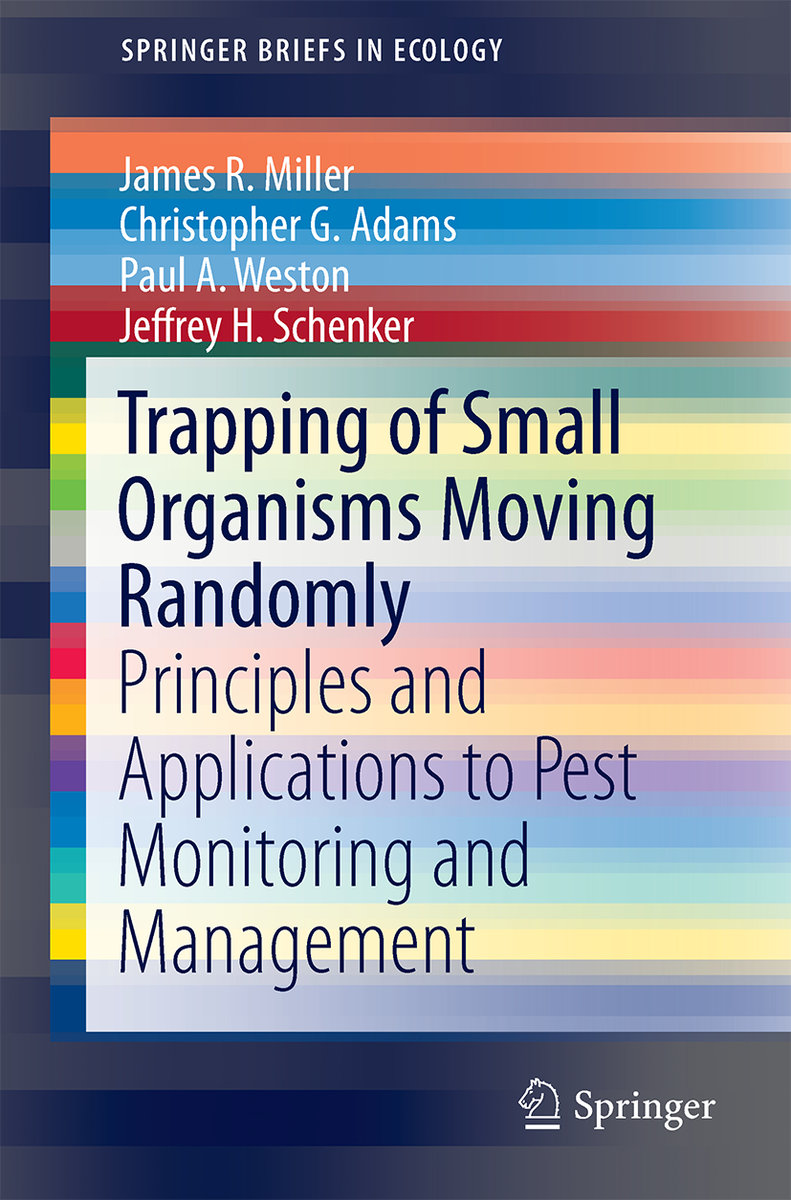This new book is the first to make logical and important connections between trapping and foraging ecology. It develops and describes-both verbally and mathematically--the underlying principles that determine and define trap-organism interactions. More important, it goes on to explain and illustrate how these principles and relationships can be used to estimate absolute population densities in the landscape and to address an array of important problems relating to the use of trapping for detection, population estimation, and suppression in both research and applied contexts. The breakthrough nature of subject matter described has broad fundamental and applied implications for research for addressing important real-world problems in agriculture, ecology, public health and conservation biology. Monitoring traps baited with potent attractants of animals like insects have long played a critical role in revealing what pests are present and when they are active. However, pest managers have been laboring without the tools necessary for quick and inexpensive determination of absolute pest density, which is the cornerstone of pest management decisions. This book spans the gamut from highly theoretical and fundamental research to very practical applications that will be widely useful across all of agriculture.



